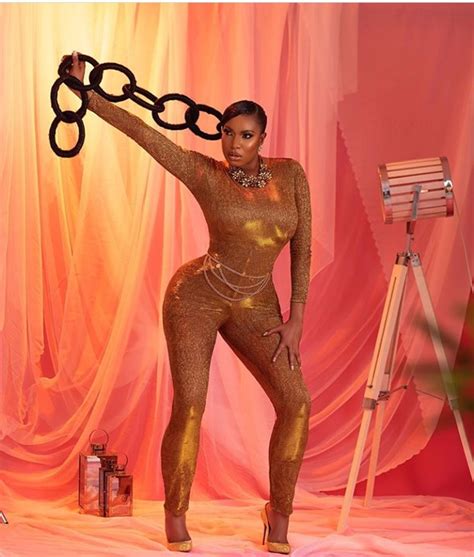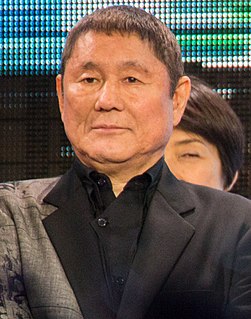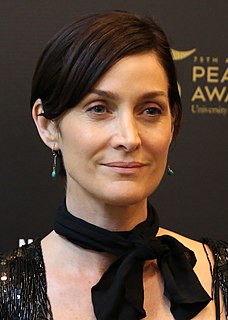A Quote by Julianna Baggott
You learn to exploit genre for the more important things - to my mind - like story, character, image, language.
Related Quotes
I believe you shouldn't force the audience's interpretation of a character or a story. The more you explain things, the less intriguing and imaginable they are for viewers. . . . Film to me, in its essence, in its ultimate nature, is silent. Music and dialogue are there to fill what is lacking in the image. But you should be able to tell the story with moving pictures alone. For my next project, though, I'd like to make the kind of film where the characters blabber all the time.
People tell me I'm in a genre kind of movie, but it never crossed my mind that The Matrix was genre. To me it was about, for me anyway, my character, I had this rock outside my door which said "faith" or "believe" or something, and I remember felt like that was my key into her, into Trinity. It was like she was the heart of it.
I don’t mind if the character is a small character, but I would just like her to have a journey in the film. Sometimes the characters are just there as a prop to further the man’s story. The great directors I’ve talked to, I’ve said listen, I don’t mind playing a woman that is a tiny part, but how does the story affect her? What can I play in the end that’s different from the beginning? Otherwise, it doesn’t make sense, because it’s just like being a prop.
I really feel our job as actors is to find a human experience in the character. So, for me, genre comes second; it's about script and the emotional journey of that character. Genre definitely has an impact, but it has more of an impact on the way the character is expressed. We all have the same core emotions of love, jealousy, rage - it's just how they're expressed.
Some parts of the population are starting to realize that character is extremely important and that it cannot be measured by the things we like to measure it by: the tabloids and so forth. Character is crucially important to a leader, to be a moral leader, and we'd better make it primary on our list or we're going to keep getting more of the same.
Part of the job is knowing how to use this medium in the most effective way for the story you're telling, so for me, to pick a genre I want to do is a little harder. I would say it's more about thinking, 'What genre will work for what kind of story?' And then, when all of that comes, I embrace it and run with it.
The beauty of the horror genre is that you can smuggle in these harder stories, and the genre comes with certain demands, but mostly you need to find the catharsis in whatever story you're telling. What may be seen as a deterrent for audiences in one genre suddenly becomes a virtue in another genre.
I love story-writing because I can (more or less, on occasion) actually DO it. That's really the truth. I like the idea that a story is sort of a site for making cool language effects - a site for celebrating language, and, therefore, the world. And the brevity is part of the challenge. I like stories because I get them - I know how to make beauty, or something like beauty, in that mode.





































